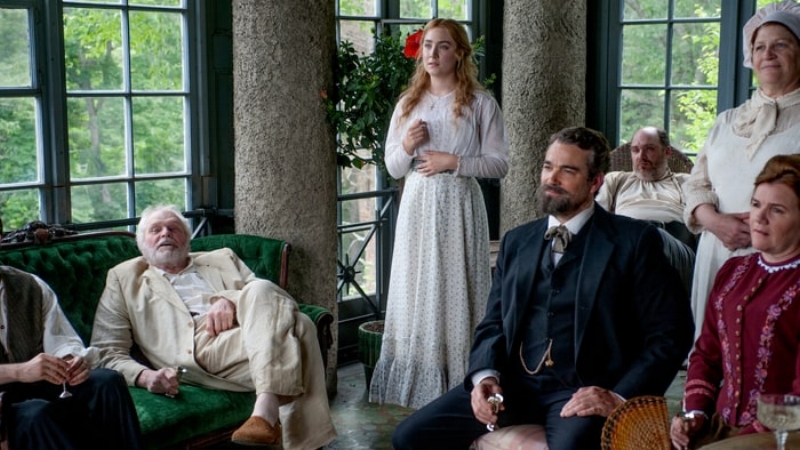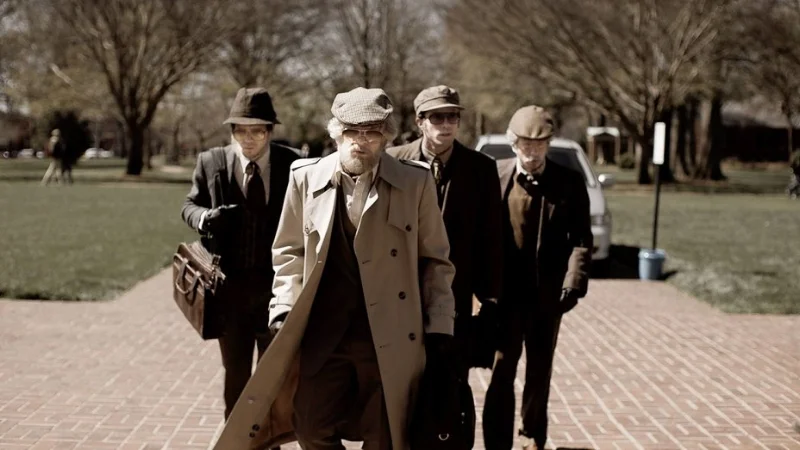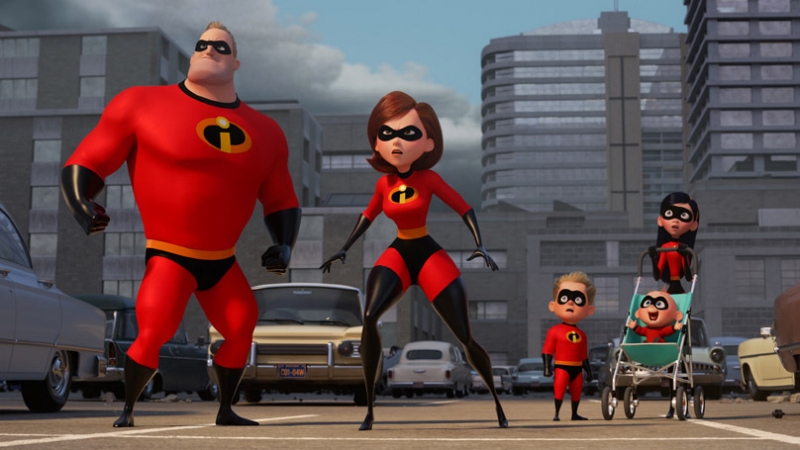SKYSCRAPER
Directing: C
Acting: C+
Writing: C-
Cinematography: C+
Editing: B-
Special Effects: B
I was never going to think Skyscraper was great, but this is the thing: I love skyscrapers. How could I not see this? So here's what I did. I went with a friend to Happy Hour beforehand, and had three margaritas.
I didn't get drunk enough.
I was big on disaster movies as a kid. As a lover of skyscrapers, I particularly loved The Towering Inferno (1974). Kids seeing Skyscraper now at the age I first watched The Towering Inferno on VHS probably have no idea the latter movie ever even existed. That one was set in San Francisco and featured a fictional tower that had 138 floors -- only slightly far fetched for its time, as then the tallest building in the world in real life was the World Trade Center in New York City, which stood at 110 floors.
We now live in a world in which Dubai's Burj Khalifa stands with 163 floors, 2,717 feet. Any fictional "tallest building in the world" in 2018 has to up the ante yet again, so Skyscraper's The Pearl stands in Hong Kong at 220 stories. A brief media clip at the beginning of the film even gives height comparisons in a graphic: it "dwarfs the Burj Khalifa and triple the height of the Empire State Building." The Empire State Building has 102 floors, by the way. If The Pearl's 220 floors are tripe that height, those most be some seriously high individual floor ceilings. Maybe it's that 30-story "park" in the middle of the building.
The Pearl's design makes it look like a giant Twizzler stick with a gargantuan baseball wedged into the opening at the top. Or, you know, a pearl. Every single level has protruding ledges under the window panels that would never be part of any real-world skyscraper design, but hey, they sure are convenient for Dwayne Johnson to step on!
And what director Rawson Marshall Thurber does with this movie is no more than rip of equal parts of The Towering Inferno and Die Hard. The former movie was about hubris and greed resulting in a disastrous skyscraper fire; the latter about a terrorist hostage situation in a Los Angeles skyscraper (that one all of 40 floors) -- they both stand the test of time incredibly well. Skyscraper is about a criminal syndicate attacking a building, disabling its fire safety system, and setting it on fie; it was dated before it even got released.
I mean, I won't lie -- I had some fun watching it. "Some" being the telling, key word. Dwayne Johnson is watchable enough; Neve Campbell in the role of his wife is given far more agency than women ever are in these movie -- so, props for that. Johnson's ex-cop security analyst, in fact, only survives thanks to her. That part's pretty cool. Having one of their twin kids have asthma in a movie about being stuck in a burning building is a little on the nose.
All of the setup at the beginning of the movie, establishing the characters and the story, is so dull we might as well be looking at a live feed of a freshly painted wall. For the first half hour or so, Skyscraper redefines blandness. Once Johnson's Will Sawyer realizes his family is trapped in the otherwise not-yet filled residential portion of the tower, he finds his way inside -- via a construction crane. Here we get a couple sequences on par with the Mission: Impossible movies, as in ridiculously improbable. The difference is in sophistication of execution. Mission: Impossible movies are preposterous but have finesse. Skyscraper is preposterous and . . . dumb.
Too much of Skyscraper winds up devolving into unnecessary shootouts, which themselves have zero style. It's repetitive and monotonous enough to put you to sleep. At least until Neve Campbell starts kicking some ass. She's the best thing in this movie. Still, you can see that shit in any action movie. Get back to the death-defying stunts a thousand feet above the ground!
There's a maybe twenty minute stretch in the middle when Skyscraper transcends its eminent mediocrity and becomes truly gripping, in spite of its rampant idiocies. Even there, every single thing seen onscreen is executed far better in the jaw-dropping Burj Khalifa sequence in Mission: Impossible - Ghost Protocol (2011). That movie's available from Netflix right now and has been for several years. Honestly you should skip Skyscraper and just watch that.
Strike the pose: Dwayne Johnson flies over Hong Kong.
Overall: C+










